Discovering that an anti-histamine can help me sleep better was literally a wake up call. What was most interesting is that the anti-histamine I took was the non-drowsy type. It was a regular, ‘new generation’ Cetirizine (Zyrtec). How come a non-drowsy anti-histamine was helping me sleep longer and wake up more refreshed? I had to dig deep and find some answers. I further experimented with three more anti-histamines and discovered the best and worst type for me. At this end of this article you will find something even more interesting: a root cause solution to our high histamine issues.
Histamine and Sleep Relationship
Before we delve any deeper we have to understand what role histamine plays in our sleep. Sleep is a complex process that involves numerous neurotransmitters. Among them Histamine is considered a “master” wakefulness-promoting neurotransmitter, exhibiting high activity during waking hours, decreasing in activity during the non-REM sleep, and is at its lowest during REM sleep. It is safe to say that histamine acts a stimulant.
Next question is what controls histamine levels in circulation and what controls histamine levels at night? This gets very complicated but if I had to simplify this into a short theory it would be like this: there is a gate-keeper in our brain (thalamus) which controls the release of histamine necessary for our normal sleep/wake cycle. The released histamine does its job and is subsequently broken down (methylated) by our liver. During sleep time the gate-keeper should be signaling for low histamine levels to allow our brains to “shut off.” If you want to study this in detail, read: How Sleep Works – Neurological Mechanisms Of Sleep.
Thing is, histamine also comes from food. It is degraded by the gut and the leftovers are broken down by the liver. If either the gut, the liver or both are compromised you might start circulating extra histamine in your system without the “gatekeeper” having any say over it.
It is this rogue histamine excess that starts creating problems for us during the night. This is why histamine-blocking meds cause drowsiness and increase non-REM sleep. It’s not the anti-histamines in themselves suppress anything, they basically block the wakefulness signal of histamine in the receptors.
In my case, I believe the issue is in my liver and not my gut because a special supplement I took (enzyme called diamine oxidase – DAO) to help brake down histamine in my gut didn’t make much difference. What made the difference were the anti-histamines.
Cetirizine (Zyrtec)
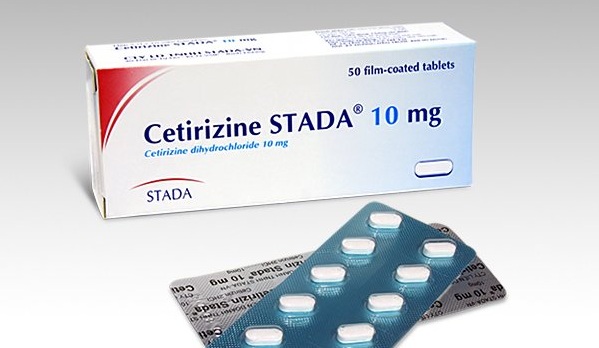
As already mentioned Cetirizine was the first anti-histamine I experimented with but it doesn’t always work. Since it is non-drowsy it will do nothing to help you fall asleep faster or prevent you from waking up at 1 or 2am. In fact, it only works to suppress my early waking tendencies. So instead of waking up at 4 or 5am I can sleep in till 6 or 7am. As any serious insomniac will attest – this is already a huge gift.
The only negatives I see with Cetirizine is that it takes a bit longer to kick in and then it remains active for almost 24 hours. This means you’re blocking histamine receptors even during day time which creates a totally different set of problems discussed below.
Loratadine (Alavert, Claritin) is also part of the new gen non-drowsy drugs and should work similarly to Cetirizine by lessening histamine stimulation.
Side-Effects
Cetirizine seems to have the least side effects of them all. Some dry mouth at night but nothing more than that. Everyone will have their own set of side-effects and need to see what is tolerable for them.
Diphenhydramine hydrochloride (Benadryl)
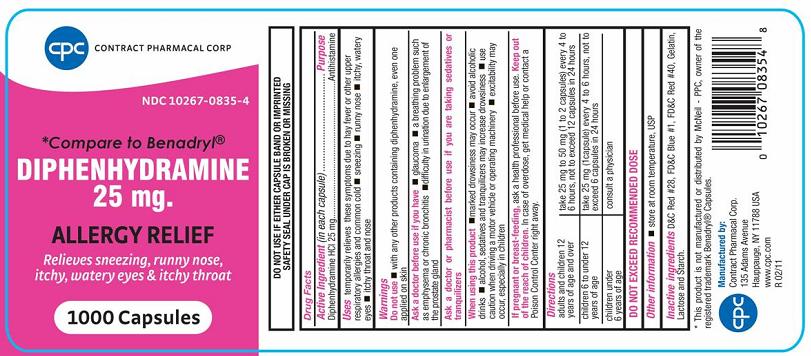
Diphenhydramine is one of the most popular antihistamines out there and is used by a few known brands to make their products more drowsy (Tylenol PM, for example). I hate it though because it has the total opposite effect on me.
Side-Effects
It makes me very listless, agitated and sleepless. Others report it gives them restless legs syndrome. I never take any products with this class of antihistamines. Don’t take my experiences as a broad evidence though as many others report they couldn’t live without Diphenhydramine.
Clemastine (Tavegil, Tavist)

Clemastine exhibits a nice drowsy-action and can help you get through the night but in my case it always caused fatigue after three or four nights of use. I used it rarely and normally only during the nights that I needed to wean off of Zolpidem (Ambien, Stillnox).
Side-Effects
Fatigue, heavy limbs, shortness of breath. Some don’t have this effect and some will have a different set. You need to test and see.
Doxylamine-Succinate (Unisom, NyQuil)
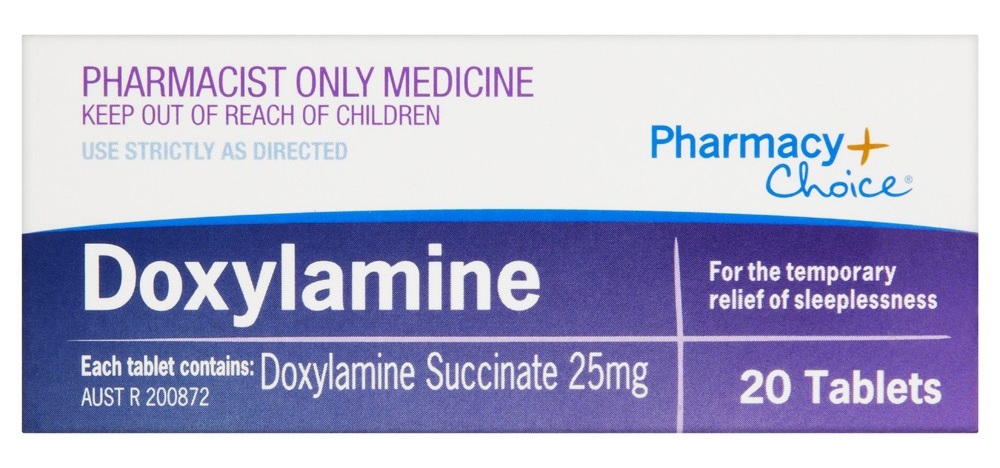
Doxylamine is my personal favorite. I heard about it for a while but had no access to it as it was only available in US. I had a friend bring me some (Kirkland Sleep Aid) and now I know why it is marketed as a sleep-aid. It produces a nice relaxing drowsiness without any agitation previously experienced with Diphenhydramine. My wakings are usually short and I’m able drift back to sleep and enjoy some sleep-in time in the morning.
Literature says this drug is not addictive, and withdrawal effects are unlikely to be experienced with prolonged use.
Side-Effects
It does not cause fatigue but it can cause nasty grogginess if you take the full pill. I had to reduce my dosage by half and most nights I take one third of it. One other thing that I notice is an increased sensitivity to sharp noises. My recommendation is to watch your dose and don’t take more than needed.
Biggest Concern With Antihistamines
The are a few things we should be wise to take into consideration with long term use of antihistamines for sleep:
-
Anticholinergic Effects
These include blurred vision, constipation, decreased sweating, dizziness, dry mouth, and difficulty urinating and/or kidney failure. One of the worst possible side-effects for us insomniacs is an increased body temperature. Anticholinergic drugs can cause an increase in body temperature due to reduced sweating.
-
Dementia
There is an increased risk of developing dementia, especially when combined with other anticholinergic meds.
-
Liver Detox
Antihistamines can inhibit phase 1 of liver detox. This is a serious one for people with sluggish or toxic liver. Personally, this is my biggest concern and the reason I don’t abuse antihistamines. Last thing I need is my liver detoxing even slower. On the other hand, to some folks who’s phase 1 is too fast anyways may find this as good news.
-
Tolerance
Long term use builds tolerance and creates more problems. Basically we block the histamine receptors but the body does not produce less histamine. In fact, the body may sense something “off” and start producing more histamine. Once we stop the anti-histamines we might be flooded with histamine again, creating a nasty rebound effect until the body finds a new baseline.
Summary
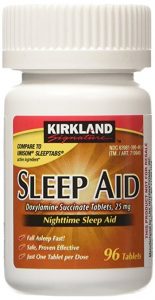 The best anti-histamine for me seems to be Doxylamine Succinate. It is fast, induces sleep and is most likely to help stay asleep. Next day grogginess is manageable with smaller dosages. Second best is Cetirizine. Even though its not the drowsy type it still manages to improve my sleep by suppressing histamine without any side effects the next day.
The best anti-histamine for me seems to be Doxylamine Succinate. It is fast, induces sleep and is most likely to help stay asleep. Next day grogginess is manageable with smaller dosages. Second best is Cetirizine. Even though its not the drowsy type it still manages to improve my sleep by suppressing histamine without any side effects the next day.
The worst is Diphenhydramine for its nasty tendency to make me very restless and second worst is Clemastine for its ability to induce bad fatigue only after a couple of nights use.
Since we are talking about drugs please be smart and consult with a qualified doc if you have any other health issues that can be impacted by anti-histamines. In general, I don’t ever recommend pharmaceutical intervention if you’re not absolutely desperate to save your job and your sanity. I do take them sometimes but only for a few nights and then take a break so that I do not build tolerance or create more imbalances.
Now, do you really want to know the root cause of high histamine and how to repair your sleep for good? I invite you to read my new report. It’s totally FREE and points you towards the ultimate clue – your liver.

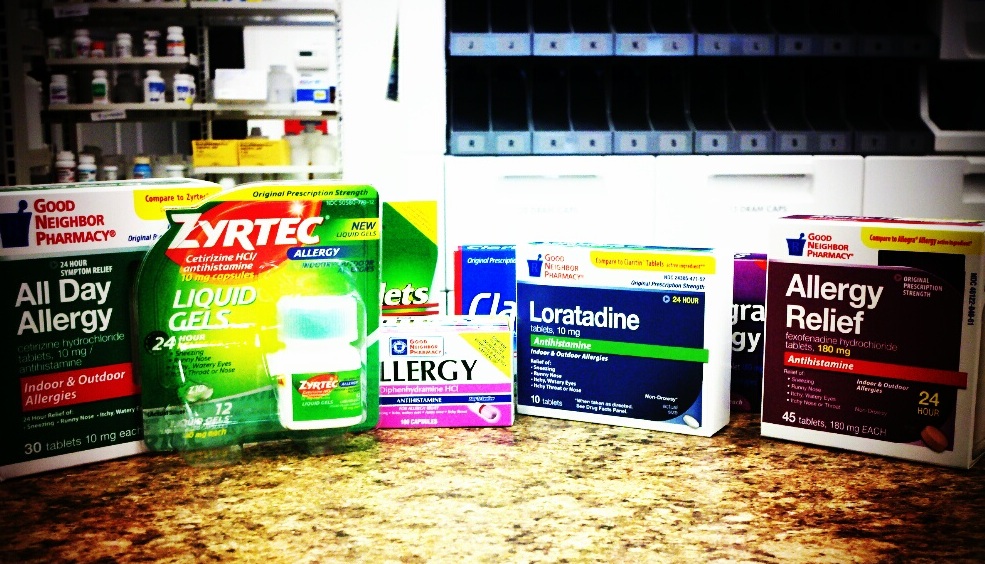
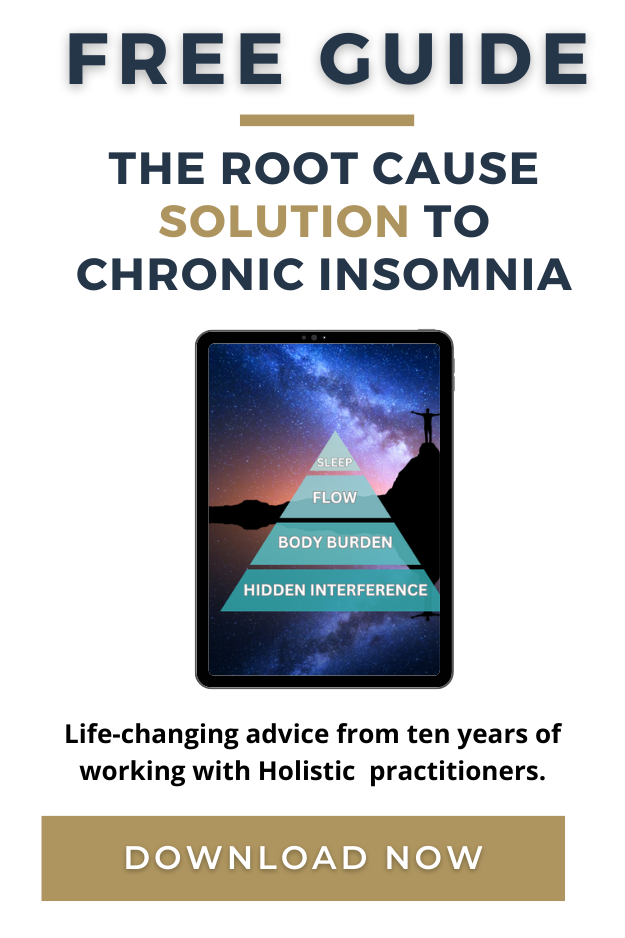


I had been using diphenhydramine but it had a tendency to wear off after about 5 hours. I’m the type that needs eight good hours of sleep. I happened across the Kirkland sleep aid doxylamine succinate you mentioned. I had never tried it before. I tried it for the first night and was extremely sleepy and groggy the next day. I would recommend trying it when you don’t have to be fully functional. The second night I tried it and again the next day I was useless. I cut the tablet in half for the third night and the next day I was much better and productive! I’m going to see about cutting into thirds like you mentioned. Another article I came across said that the lowest effective dose is 6 1/2 mg. It definitely produces a different kind of asleep then diphenhydramine, I just can’t find the right word to describe it.
Hi Marla, everyone is different and yes, we have to manage the grogginess the next day so we have to experiment and find the right dosage for us. Ultimately, it can make you feel tired so this is far from a long term solution. What’s your insomnia pattern and when did it manifest for you?
This article have been very much Useful and Informative. But I would like to add that a good mattress also plays a major role in sleep quality and one’s over-all health !!
I’ve been having problems waking up about 3:30 to 4, unable to fall back asleep until after 7 am, and was looking up which antihistamine works the best when I found your site.
I wondered why Nyquil worked best to help me sleep, because it contains doxylamine antihistamine. My husband always said it was because of the alcohol content in it, but I knew it had to be something else as alcohol does not help with insomnia. Thanks for the rundown on the antihistamines. My husband can take diphenhydramine and it helps him sleep, but it makes me toss and turn and often I get restless limbs from it. Same for another lady friend I know, it doesn’t help her, makes her turn and toss, but it does help her husband. Maybe it’s a male female thing.
I managed to find doxylamine at Kroger and split the oblong tablet four ways, not easy to do. It does make me groggy sleepy and I sleep deeply and have dreams when I take a quarter of it at bedtime. It does make my mouth dry and a slightly strange sensation in the chest area. I don’t want to take it every night to avoid the anticholinergic side effects (used to be on antidepressants that had similar anticholinergic effects), so I’ve tried some alternatives found at my local health food store. What kept me sleepy throughout the night the best was a combination of amino acid thealine and amino acid GABA with magnesium. The other choices that didn’t help were melatonin, kava kava, passion flower and velarian root, the latter being somewhat effective, but I still would wake up about 3:30 in the morning and unable to fall back to sleep unless I got up and drank some milk. Thanks for your informative post.
Hi Lisa, thank you for sharing this. Have you tried 2nd gen non-drowsy types like Zyrtec? This is the one I resort to when I need some help. Did you mean L-Theanine as amino acid? Yes I take it too but it’s only a band aid, doesn’t help staying asleep. I keep meaning to write a detailed post about some remedies for people who wake up at 3-4am and can’t sleep. There can be various issues involved like liver detox, adrenals, sugar control, etc. For now, can you find some quality Motherwort extract and take some before you go to be and after you wake up. Drink quite a bit of water too to help things to move along. Also very helpful is a Chinese herb called Salvia. What you want is to cool your heart while you sleep.
Best antihistamine for insomnia I have found so far is hydroxyzine. It has a relatively specific effect on receptor H1 – i.e. it has fewer side effects. The main issue is being sleepy the next day as it has a long half-life.
I have yet to try doxylamine but I see it is a potent anticholinergic. Not good.
Thanks for the tip, I’ve not experimented with hydroxyzine. I’ll have to look into it as I’ve been way too long on Zyrtec.
Not adding a comment as you didn’t publish one I spent some time on about hydroxyzine.
Don’t see one. I never block anything unless is SPAM, just sometimes slow to respond. 😉